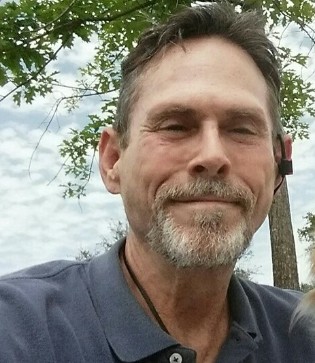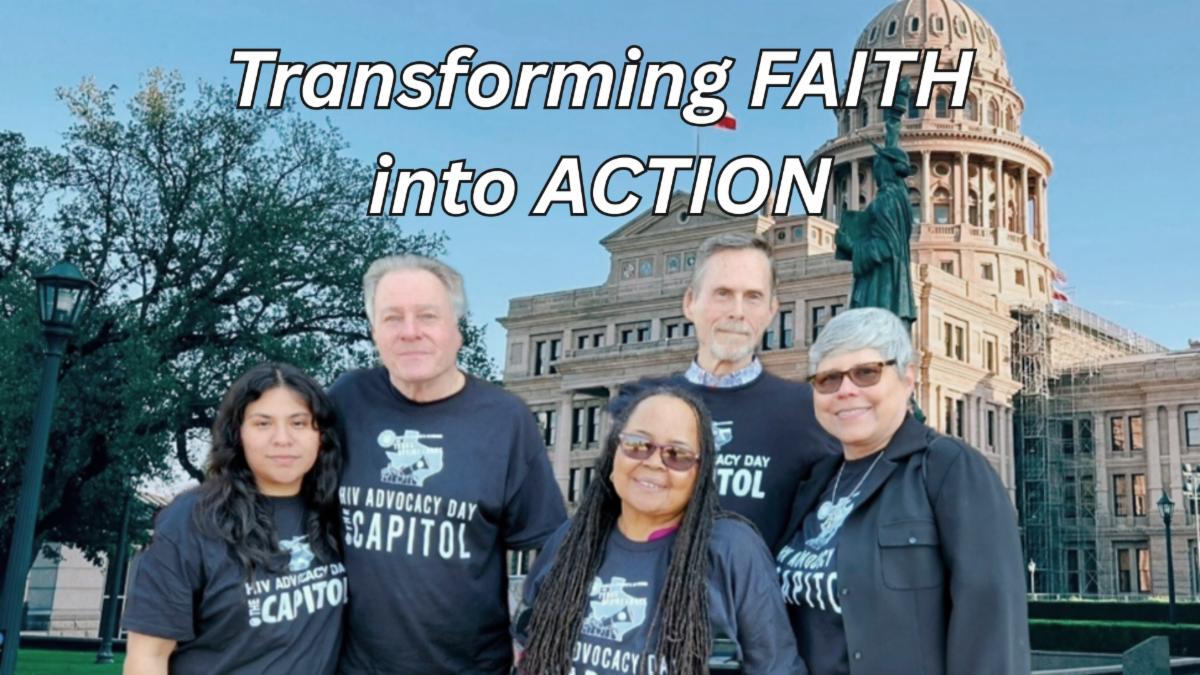Transforming FAITH into ACTION
Usually, during these ‘good ‘ol dog days of summer,’ I’d be commending everyone for making it through the 89th Texas legislative session and offering a rundown on which bills make it to the Governor’s desk, and which didn’t. I would be singing praises on how our Social Justice Warriors traveled to the Capitol and engaged with lawmakers on pressing public policy issues affecting the most vulnerable Texans. I would be reflecting on how working in community with other faith traditions embodies the shared value of our faiths. I was overjoyed seeing how we answered the call to serve, give of ourselves, and leverage our power and privilege for the common good.
And we had some wins. Out of over 200 anti-LGBTQIA+ bills filed this 2025 session, 94% of them did not make it to the finish line. Bill tracker Thankfully, several of the very worst ones filed, like HB 3399 (expanding trans healthcare ban to adults), SB 240 (trans bathroom ban), and HB 3817 (criminalizing trans existence) died. But then they didn’t.
With Governor Greg Abbott calling a special Legislative Session, these bills will probably be resurrected and placed on his agenda, along with a lot of other anti-trans, purely partisan measures. Funny, in a non-humorous way, that, as of this writing, our state legislators seem to have no appetite in budgeting for the financial impacts of all those federal cuts to Medicaid, SNAP and CHIP in the One “Big Blasphemous Bill.” Are we prepared for the repercussion of our representative’s cuts to essential services to the poor, disabled elderly and youth? Who Would Jesus Cut?
And this was before the devastating Guadalupe River Flooding Disaster, which is being met with climate change denialism. Which was before a new call for Texas to redistrict, allowing lawmakers to pick their voters before the 2026 elections in an already gerrymandered state. And when I look at these mass deportations, I ask myself, “By what right do we withhold kindness and mercy from others who are made in God’s image? By what right do we accept mercy from God, yet fail to show mercy—and kindness—to others?
The prophet Isaiah’s message for a rebellious Judah pretty much sums it up.
“Your leaders are rebels, the companion of thieves. All of them love bribes and demand payoffs, but they refuse to defend the cause of orphans or fight for the rights of widows.” (Is 1:23)
“Woe to those who make unjust laws, to those who issue oppressive decrees, to deprive the poor of their rights and withhold justice from the oppressed of my people, making widows their prey and robbing the fatherless.” (Is 10:1-3)
Jesus began his ministry with a mandate to care for the poor. In Luke 4:17-19, we read that Jesus went to the synagogue on the sabbath as was his custom and had them unroll the scrolls until they found a passage from the book of Isaiah where it was written:
“The Spirit of the Lord is upon me, because he has anointed me to bring good news to the poor. He has sent me to proclaim release to the captives and recovery of sight to the blind, to let the oppressed go free, to proclaim the year of the Lord’s favor.”
This was Jesus’ mission statement—the opening proclamation of his ministry. Of all the texts that Jesus could have read aloud to the congregation, he selected one of the most powerful passages in the Hebrew scriptures to call our attention to the plight of those who suffer.
Then I heard the voice of the Lord saying, “Whom shall I send? And who will go for us?’ “Here am I, send me” was the prophet Isaiah’s response. And like Isaiah, advocacy and interfaith public policy groups across the state responded. The prophetic call to “do justice, love kindness and walk humbly with God” could not be conducted without working to influence public policy.
I’m so proud of our voter mobilization efforts (all those phone calls and post cards); and I love going on about how some of our Resurrection Social Justice Ministry Warriors had trekked to Austin to engage lawmakers on pressing public policy issues affecting the most vulnerable Texans. Our focus embraced issues that prevent others from flourishing including advocating for protecting HIV prevention and care in Texas, promoting LGBTQ rights, migrant justice, religious freedom, voting rights, climate justice, and issues of gun violence.
So, we have more work to do. Storytelling and sharing one’s narrative can be a powerful approach aimed at humanizing the real-world impact of their policies. Encouraging active engagement calls for individuals and communities to actively work towards a more just, equitable and loving society. This calls for fostering a sense of shared responsibility for the common good. Rather than seek power over others, Christians are called to imitate Christ and his “upside-down” kin-dom, where power UNDER others is the way.
What if we began to live our lives believing that even small actions we consistently take now—a practice of faithful resistance—can reverberate through our communities, congregations, denominations, nation, and world? Changes we make to our organizations and institutions now can dramatically alter their functioning for decades.
The Apostle Paul offers a prayer of encouragement in his letter to the Philippians—one that helps us turn our gaze outward to those sharing this struggle.
And this is my prayer: that your love may overflow more and more with knowledge and full insight to help you to determine what really matters, so that in the day of Christ you may be pure and blameless, having produced the harvest of righteousness that comes through Jesus Christ for the glory and praise of God. – Philippians 1:9–11
So, stay tuned, stay connected, stay engaged, and join the Social Justice Ministry to ensure the voices of the poor, oppressed, children and the disabled are represented. Sometimes politics, like the good Lord, moves in mysterious ways.
 |
Bob Stubblefield
Social Justice Ministry
bobfight4justice@gmail.com
| Read full newsletter HERE: https://conta.cc/45iJoeH |

